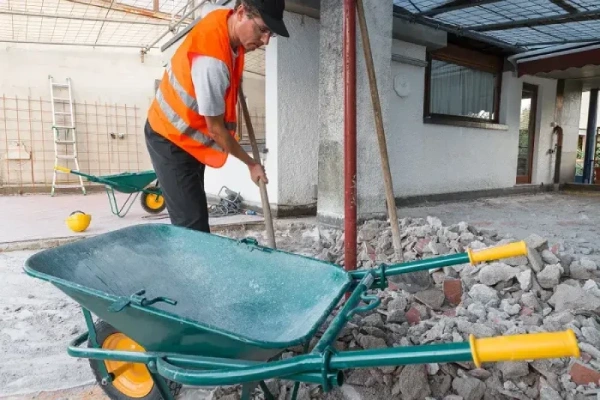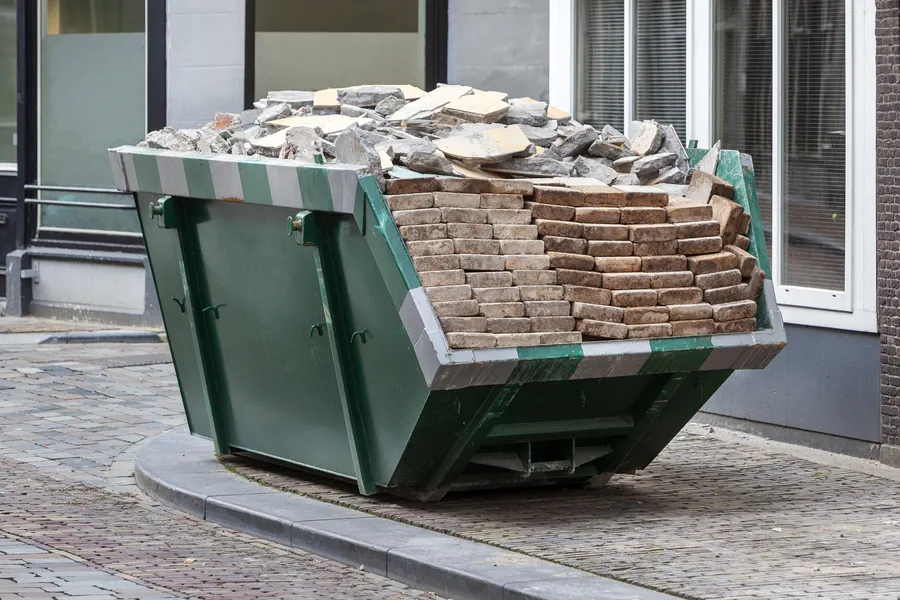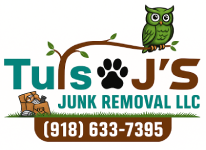The Role of Clearing Unwanted Waste in Preventing Fires
Every year, wildfires cause significant damage to homes and natural landscapes. One effective way to reduce the risk is through efficient management of waste materials. Leaving unwanted items around increases the chance of fire hazards. When these materials catch fire, it can spread rapidly, causing extensive harm. Understanding how removing such debris helps prevent fires is crucial for homeowners and communities wanting to stay safe.

The Importance of Regular Maintenance
Regular maintenance of your property is key in preventing potential fire threats. Cleaning up dry leaves, branches, and other materials can significantly reduce these risks. Dry matter is highly flammable, and keeping it away from structures helps make areas safer. Consistent cleaning also means staying proactive about safety concerns all year round. Debris removal ensures that potential fuel for fires is limited.
Reducing Fire Risks Through Effective Strategies
Efficient strategies for handling waste reduce fire hazards substantially. Homeowners should have a plan for dealing with yard waste, old furniture, and more. For instance, creating defensible spaces around homes by clearing these items reduces their likelihood to catch fire. Planting trees with lower flammability and spacing them out prevents flames from spreading quickly.

The Benefits of Community Involvement
Communities benefit greatly when they come together to clear unnecessary waste. Organizing cleanup days helps get everyone involved and tackles large areas efficiently. It’s also an opportunity to educate on fire prevention techniques while reducing waste collectively. As communities participate in debris removal efforts, they create environments less susceptible to fires.
Challenges Faced Without Proper Waste Management
Without handling debris properly, properties are at higher risk of catching fire. Accumulated waste provides ample fuel for fires, making containment much harder once started. Additionally, without routine cleanups, detecting smaller issues that might lead to bigger problems becomes difficult. These challenges highlight why proper waste management is essential for any community or homeowner.
Implementing Best Practices for Safety
Adopting best practices in managing unwanted materials enhances safety measures. First, regular inspections of your property help identify what needs attention. Second, creating barriers between vegetative fuels and infrastructure minimizes fire spread chances. Lastly, using appropriate disposal methods for hazardous materials ensures nothing becomes a future threat.
- Conduct regular inspections
- Create defensive space with barriers
- Dispose of hazardous materials properly
Understanding Regulatory Requirements
Regulations often guide how you manage waste related to fire prevention. Knowing local laws about waste disposal ensures compliance and safety enhancement. For example, some regions require permits for controlled burns, which can be part of land management strategies. Staying informed about these requirements keeps communities aligned with standards aimed at reducing fire risks.
The Cost-Effectiveness of Preventive Measures
Investing in preventive measures may seem costly initially but saves money long-term. The damage caused by fires far outweighs the expenses associated with regular maintenance and waste removal services. Plus, maintaining a clean environment could mean lower insurance premiums as providers recognize reduced risks in well-maintained areas.
Your Next Steps Towards a Safer Environment
By prioritizing the clearing of unwelcome materials, you contribute to overall safety improvements in your community. Contact us today at (918) 205-5455 to learn more about our expert solutions in Tulsa, OK. Our team at Tulsa J's Junk Removal specializes in providing comprehensive services tailored to meet your safety and maintenance needs effectively.
